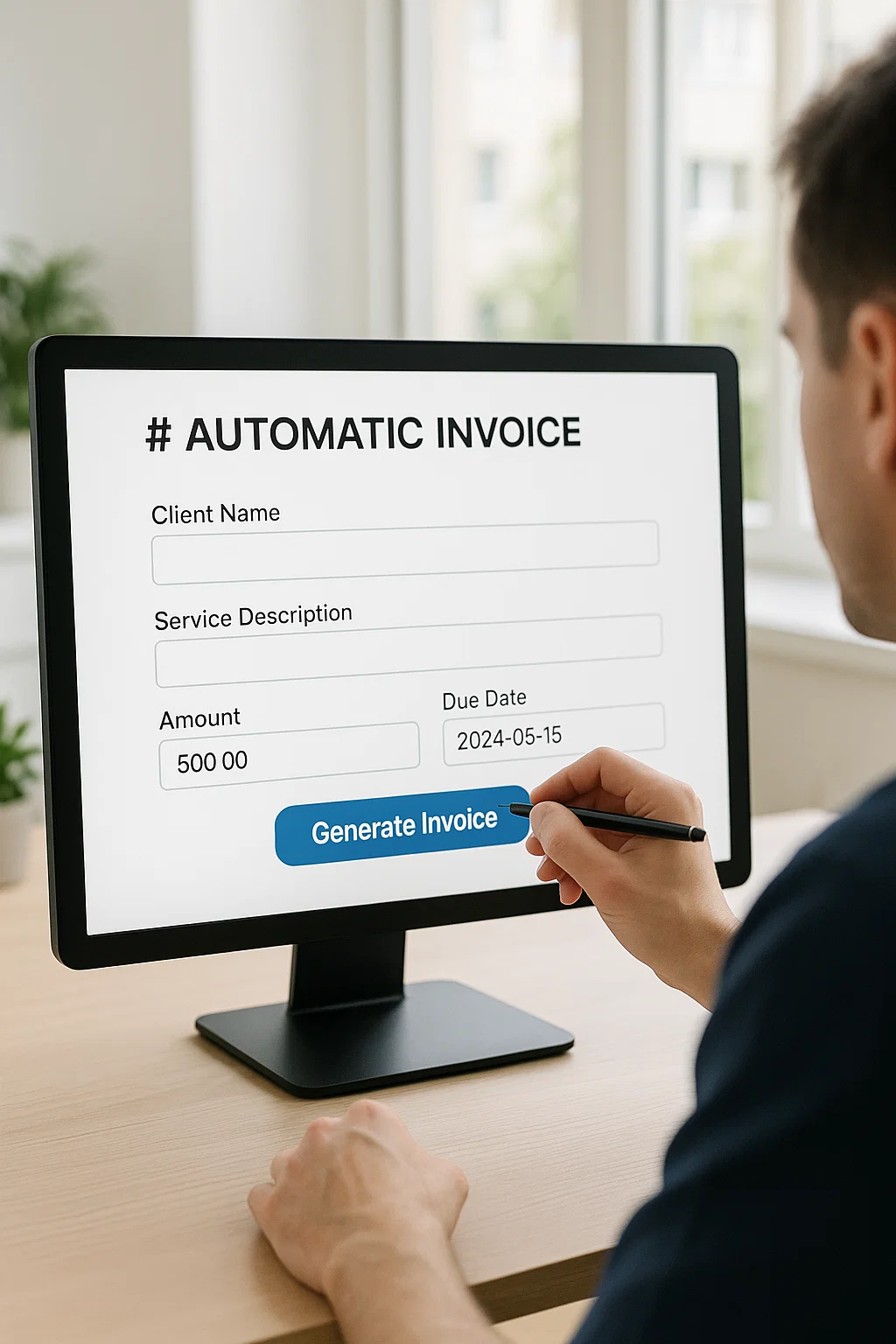“Priya,” Rohan began, leaning back in his chair. “Every other news headline talks about ‘blockchain’ and ‘cryptocurrencies.’ I keep hearing about how it’s the future of everything, especially finance. But honestly, it all sounds a bit abstract. What does blockchain in finance in India realistically mean for a business like ours? Is it just hype, or are there practical applications for Indian businesses beyond just trading digital coins?”
Priya nodded, understanding Rohan’s skepticism. “Rohan, you’re right to question the hype. While blockchain technology is indeed revolutionary, its real-world integration, especially for Indian businesses, requires a realistic outlook for blockchain in India. It’s not just about cryptocurrencies; it’s about a fundamental shift in how data is recorded, shared, and secured. Understanding DLT (Distributed Ledger Technology) in finance in India is a ‘Smart Money Move’ that helps you separate the practical from the speculative.”
Rohan looked thoughtful. “So, it’s more than just digital money?”
“Much more,” Priya affirmed. “At its core, blockchain offers enhanced security, transparency, and efficiency that can impact various aspects of your business, from supply chains to cross-border payments. It represents a significant part of the future of finance in India, but it’s an evolution, not an overnight revolution.”
Understanding Blockchain: Beyond the Buzzwords
Priya first offered a simple explanation of blockchain:
“Imagine a digital ledger, a record book, that isn’t stored in one place, but is distributed across many computers in a network. Every time a transaction occurs, it’s added to a ‘block,’ and once verified by the network, this block is permanently linked to the previous one, forming a ‘chain.’ This makes the record immutable – impossible to change or tamper with – and transparent, as everyone on the network has a copy.”
Why this matters for businesses:
- Enhanced Security & Transparency: “The decentralized and immutable nature drastically reduces fraud and ensures a single, verifiable source of truth for all participants.”
- Increased Efficiency: “It can streamline processes, reduce intermediaries, leading to faster transactions and approvals.”
- Reduced Costs: “Automation and the elimination of middlemen can significantly cut operational expenses.”
- Improved Traceability: “Excellent for tracking assets or products through complex supply chains from origin to consumer.”
A Realistic Outlook for Blockchain in India: Current Landscape & Challenges
Rohan then asked about the current status of blockchain in finance in India.
Priya outlined the current situation:
- Government & Regulatory Stance: “The Reserve Bank of India (RBI) maintains a cautious but exploratory stance. While there’s a clear distinction between blockchain (the technology) and cryptocurrencies (its most popular application, which remain unregulated with significant taxation in India), the RBI is actively exploring DLT in finance in India for various applications, including the Central Bank Digital Currency (CBDC) – the ‘digital rupee’ – which is already in pilot.”
- Financial Sector Adoption: “Major Indian banks and financial institutions are exploring blockchain for specific use cases like cross-border payments, trade finance, and improved Know Your Customer (KYC) processes. Pilot projects are underway to test its viability.”
- Challenges for Adoption:
- Regulatory Clarity: “While interest is high, comprehensive regulatory frameworks specific to various blockchain applications are still evolving.”
- Scalability: “Current blockchain networks can face challenges with transaction speed and volume for large-scale adoption.”
- High Initial Investment: “Implementing blockchain solutions can require significant upfront investment in technology and expertise.”
- Lack of Skilled Talent: “There’s a shortage of professionals with deep blockchain development and implementation skills.”
- Interoperability: “Ensuring different blockchain networks can communicate with each other is an ongoing challenge.”
Practical Applications for Indian Businesses: Today & Tomorrow
“So, what can a business like mine actually do with blockchain, beyond just investing in crypto?” Rohan queried.
Priya provided practical blockchain applications for SMEs in India:
- Supply Chain Management: “For businesses dealing with complex supply chains (e.g., agriculture, pharmaceuticals, textiles), blockchain can track products from origin to shelf. This ensures authenticity, prevents counterfeiting, and provides transparency to consumers about sourcing. Imagine easily verifying the organic journey of your spices!”
- Trade Finance: “Blockchain can significantly simplify and expedite trade finance processes like Letters of Credit. By creating immutable digital records shared instantly among all parties (importers, exporters, banks), it reduces paperwork, delays, and fraud risks in international trade.”
- Digital Identity & KYC: “While still evolving, blockchain can create secure, verifiable digital identities. This could streamline customer onboarding for businesses, making KYC faster, more secure, and less repetitive, especially in financial services.”
- Cross-Border Payments & Remittances: “For businesses engaged in international trade, blockchain can offer cheaper and faster cross-border payment solutions by reducing the number of intermediaries and processing times.”
- Smart Contracts: “These are self-executing contracts with the terms of the agreement directly written into code. Once conditions are met (e.g., goods delivered, payment received), the contract automatically executes. This can automate agreements with suppliers, partners, or even employees, reducing legal costs and potential disputes.”
- Asset Tokenization (Longer Term): “In the future, real-world assets like property, art, or even future revenue streams could be ‘tokenized’ on a blockchain. This could enable fractional ownership and easier transfer, potentially opening up new avenues for funding or investment, even for SMEs.”
Rohan’s Realistic Playbook: Adopting Blockchain Strategically
“This gives me a much clearer picture,” Rohan concluded. “It’s about targeted adoption, not just jumping on the bandwagon.”
Priya reinforced his point with a strategic approach:
- Stay Informed, Don’t Rush: “Continuously educate yourself on blockchain developments and regulatory changes, but don’t feel pressured to implement it everywhere. Understand the technology first.”
- Identify Specific Pain Points: “Look for areas in your business (e.g., manual reconciliation, slow payments, lack of supply chain visibility, complex contracts) where blockchain’s core benefits (transparency, immutability, efficiency) can offer a clear solution.”
- Consider Pilot Projects: “Start small. Many large companies are running pilot programs to test blockchain’s viability for specific use cases before large-scale deployment. This is a smart approach for SMEs too.”
- Explore Industry Consortia: “Some industries are forming consortia to develop blockchain solutions. Participating can offer insights and access to shared infrastructure without heavy individual investment.”
- Focus on Business Value, Not Just Novelty: “The ultimate goal should be to solve a real business problem, save costs, or create a new revenue stream, not just to adopt a trendy technology.”
“This guide on blockchain in finance in India gives me a grounded, actionable perspective,” Rohan remarked, feeling confident. “The future of finance in India seems to involve embracing these technologies strategically.”
“Absolutely, Rohan!” Priya affirmed. “Understanding the realistic outlook for blockchain in India and identifying practical blockchain applications for SMEs is a vital ‘Smart Money Move.’ By approaching decentralized finance in India with a strategic mindset and focusing on where DLT truly adds value, your business can leverage this transformative technology for greater efficiency, transparency, and competitive advantage, shaping its role in the evolving future of finance in India.”
Is your Indian business curious about the practical applications of blockchain in finance or seeking a realistic outlook on its impact? Do you need guidance on exploring DLT in finance for SMEs or understanding the future of finance in India? Visit 21degrees.in and let our seasoned financial advisory team help you analyze potential blockchain applications, assess their viability for your specific business needs, and formulate a strategic roadmap to leverage emerging technologies for sustainable growth.




